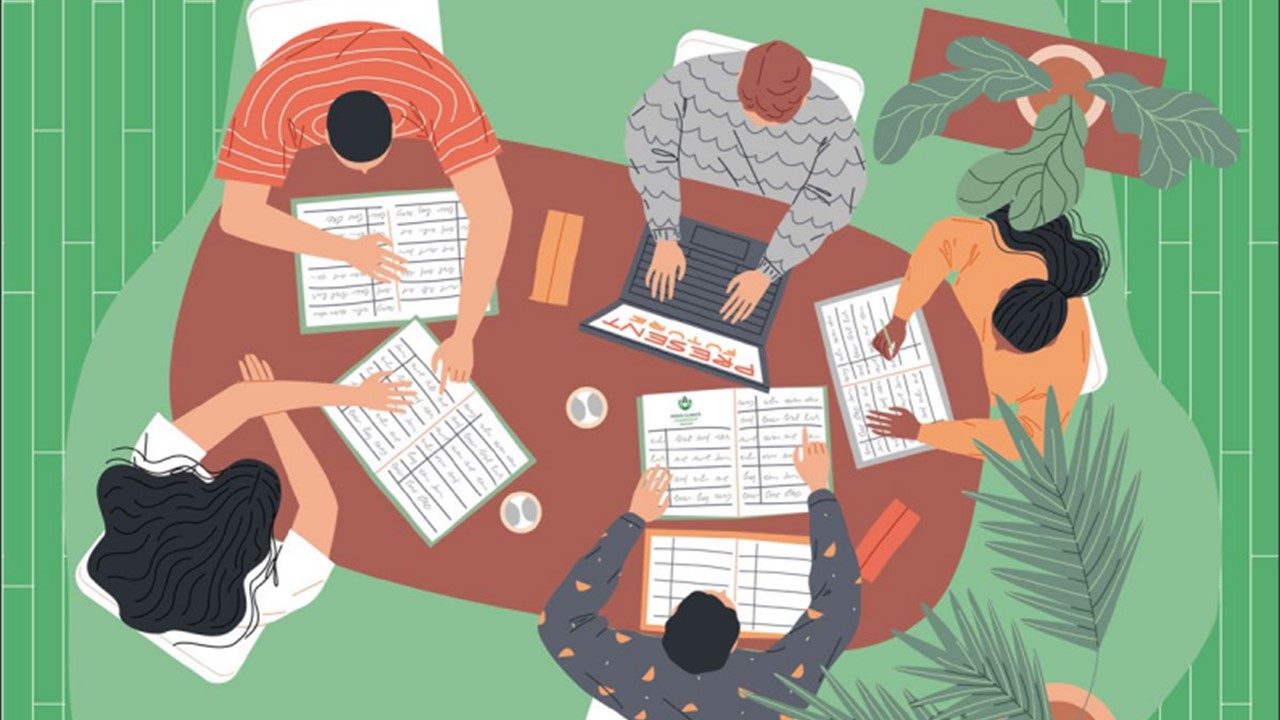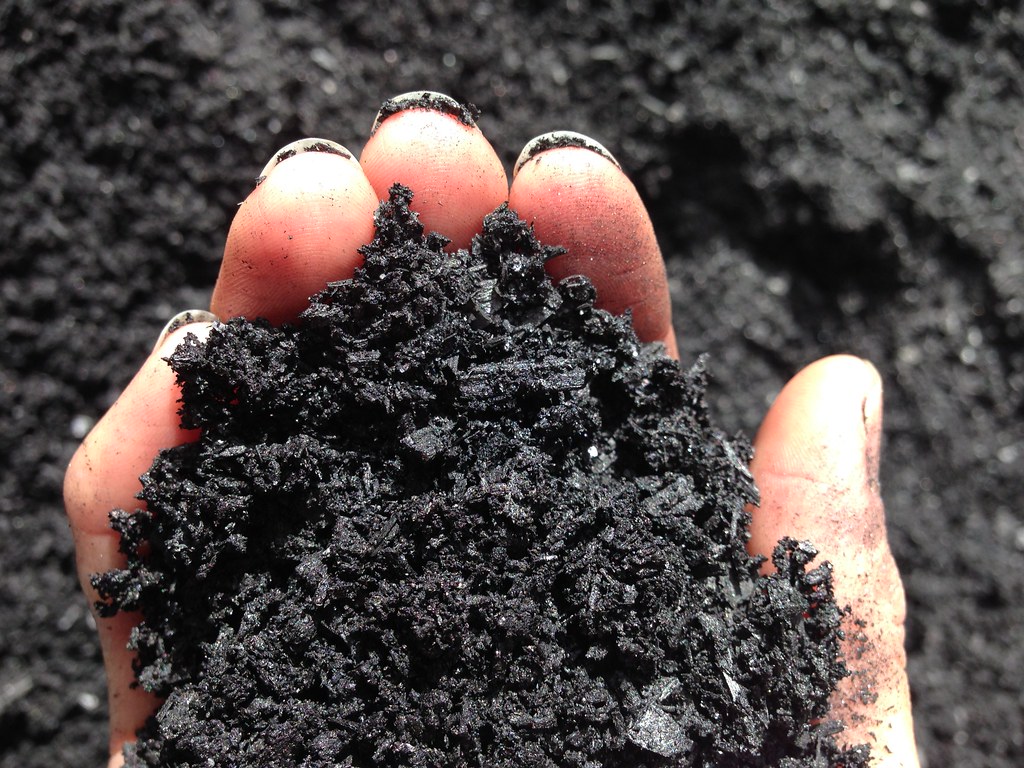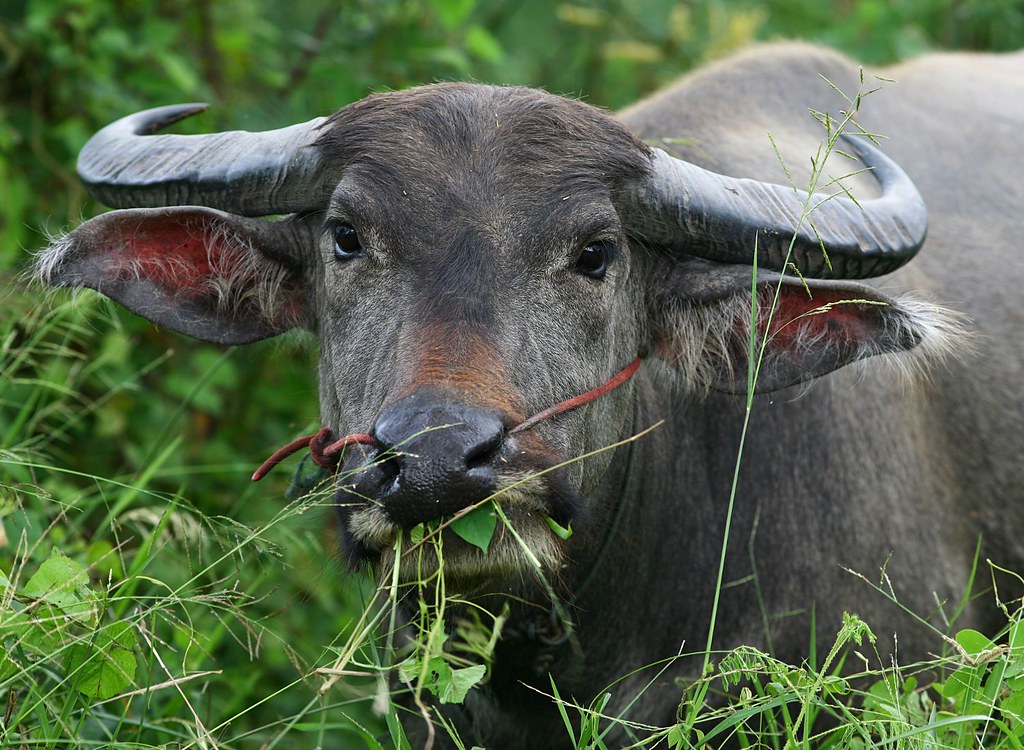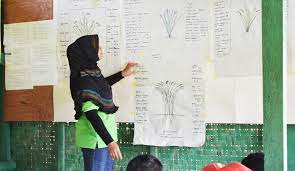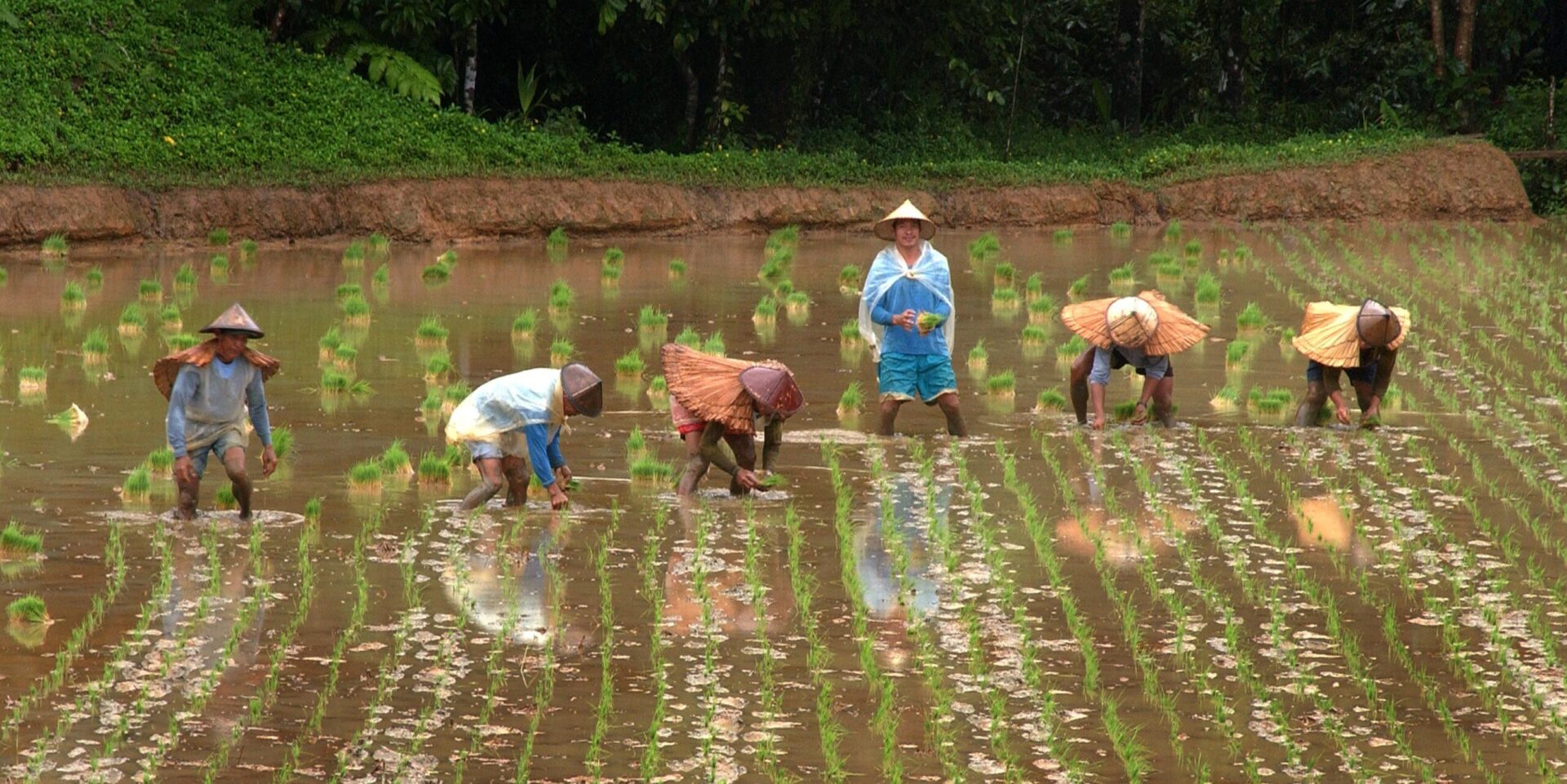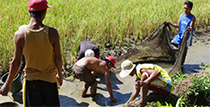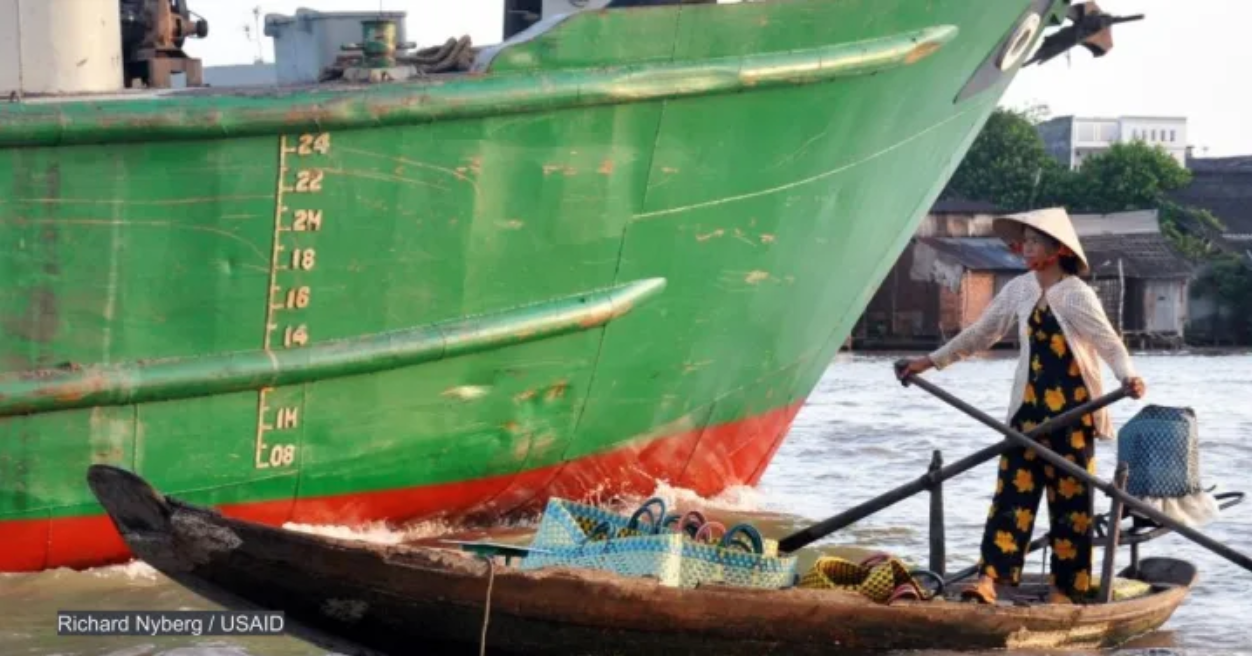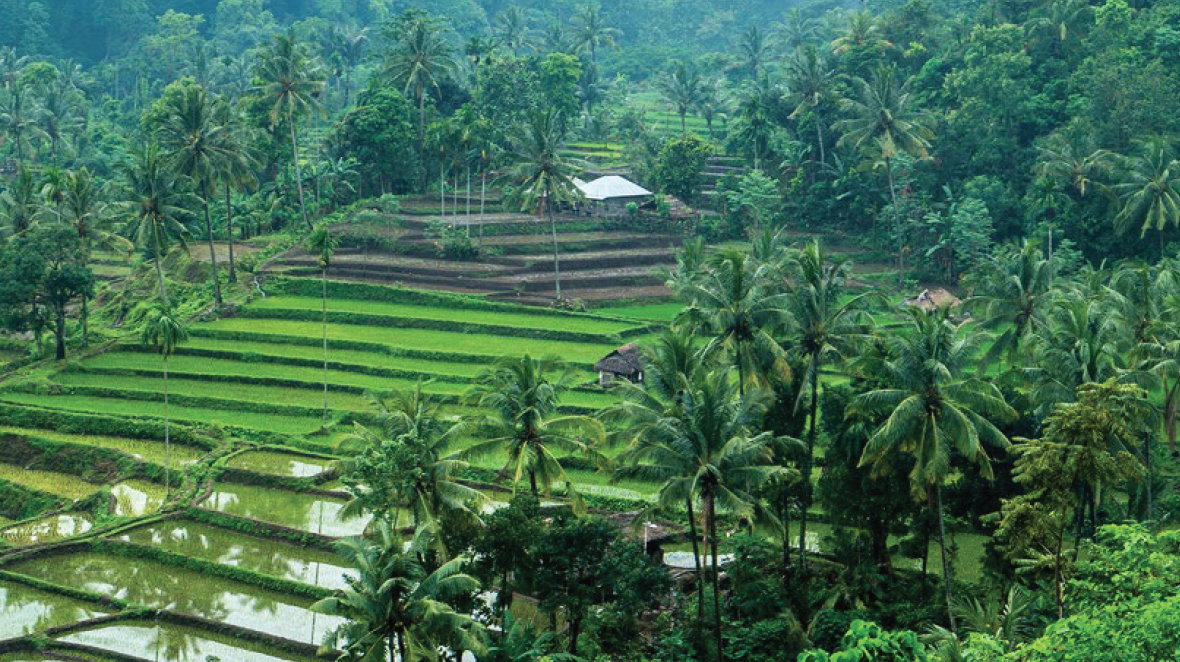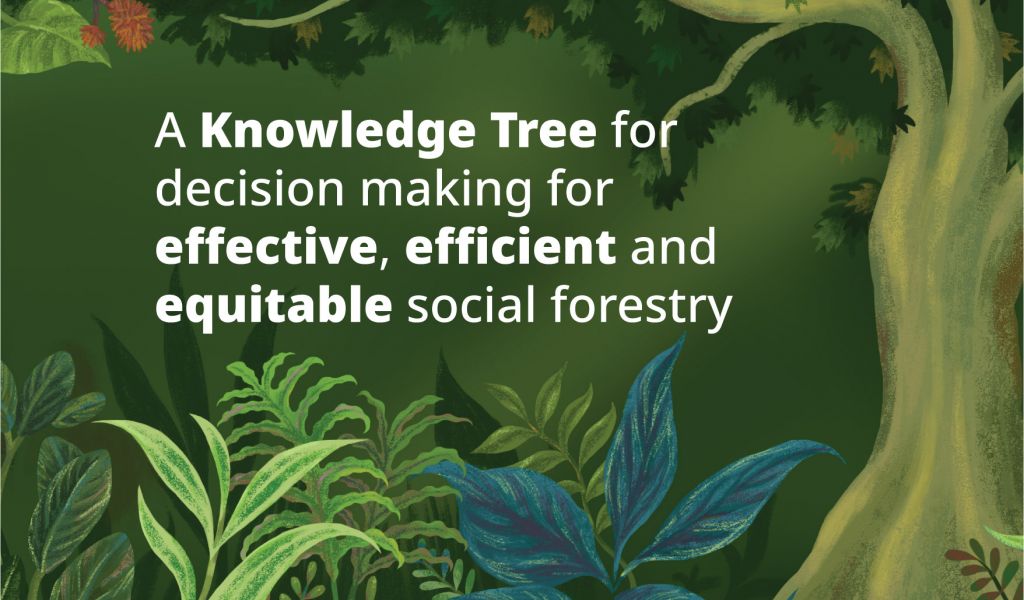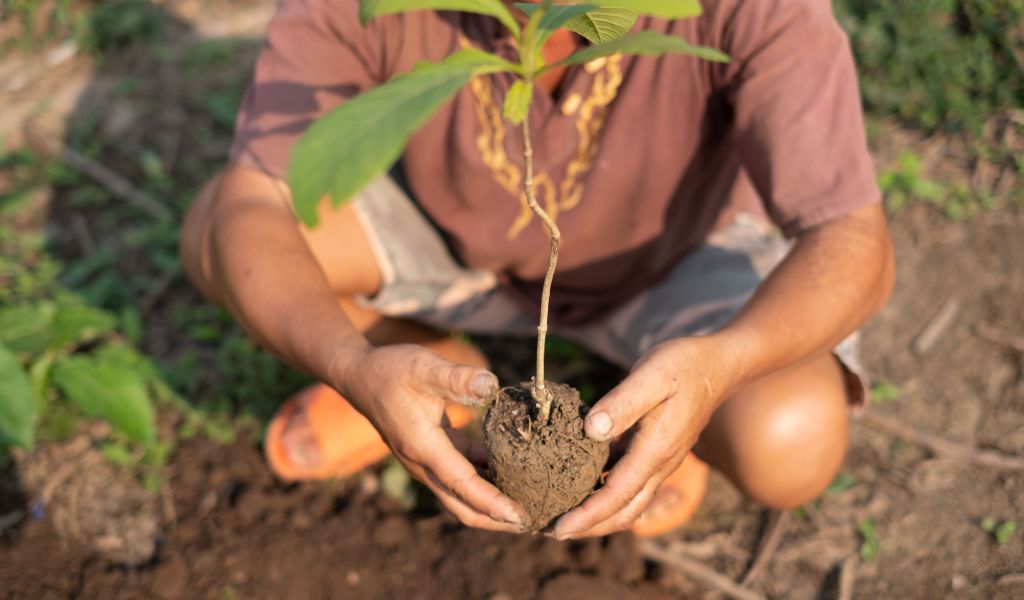ASEAN
Leadership for Responsive Climate Actions in Agriculture, Forestry and Food systems: Insights from the ASEAN Climate Leadership Programme
Learn about the role of leadership in promoting transformational change towards a low-carbon, resilient, and food secure economy and society, both globally and regionally.
Climate-Smart Land Use Insight Brief No. 5- Sustainable soil management for enhanced productivity and climate benefits in ASEAN
Brief on implementing sustainable soil management (SSM), a focus on restoring soil health, with many benefits that contribute to improving food security in Southeast Asia
Climate-Smart Land Use Insight Brief No. 4- Silvopastoral systems for climate change mitigation and adaptation
Explore silvopastoral systems (SPS), a versatile farming technique that provides farmers with a valuable mitigation and adaptation strategy in Southeast Asia.
Climate-Smart Land Use Insight Brief No. 3- Climate services to support adaptation and livelihoods
Bottom-up engagement is needed in shaping climate services to assist those impacted by climate change. Climate services play a key role in adaptation methods for Southeast Asia.
Climate-Smart Land Use Insight Brief No. 2- Alternate wetting and drying for climate change adaptation, mitigation and livelihoods
The report describes alternate wetting and drying as a technique of rice farmers in SEA to help adapt to the everchanging weather patterns brought on by climate change.
Climate-Smart Land Use Insight Brief No. 1- Integrated Agriculture-Aquaculture (IAA) Systems for Climate Change Adaptation, Mitigation and Livelihoods
Integrated agriculture-aquaculture, a regionally historic system requiring limited resources, could provide a sustainable method for climate change adaptation, mitigation, and livelihoods.
Slow-onset climate hazards in Southeast Asia: Enhancing the role of social protection to build resilience
This report examines those issues and identifies principles to guide future research on social protection to build resilience to slow-onset events, focusing on coastal communities.
Review of ASEAN Guidance Documents for Climate-Smart Land Use
GIZ's Climate-Smart Land Use project facilitated a review of ASEAN guidelines on climate-smart agriculture/climate-smart land use. This report highlights the key findings of the review.
A Knowledge Tree for decision making for effective, efficient and equitable social forestry
The Knowledge Tree is an online platform providing a rich source of information about and guidance on implementing efficient, equitable and effective social forestry practices in Southeast Asia.
ASEAN-Swiss Partnership on Social Forestry and Climate Change (ASFCC)
This article summarises the ASFCC programme that has developed and integrated social forestry approaches into the climate change adaptation and mitigation strategies of ASEAN and the member states.
